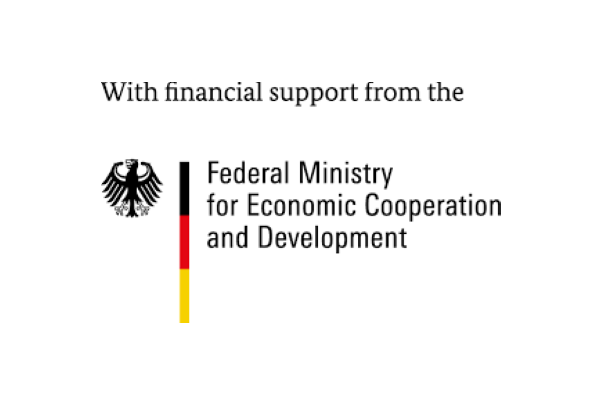Project Description
Successful engagement towards fragile states and situations requires the application of a donor government’s diplomatic, humanitarian, development and security measures in a coherent and well-sequenced manner. This so-called whole of government approach seeks to address the interdependent challenges for development and security in contexts of fragility and conflict in the most coordinated and efficient way.
The research project “Comparing Whole of Government Approaches to Fragile States", commissioned by the Ministry of Economic Cooperation and Development (BMZ), provided an overview of current practices and highlight innovative solutions to designing and implementing whole of government approaches towards fragile states that are relevant for the German debate.
The analysis examined current efforts to implement whole of government approaches towards fragile states in four donor countries: the United Kingdom, Denmark, Canada and Australia. These four case studies were chosen by the BMZ because of their innovative approaches from an initial pool of six countries that also included France and the United States during the first phase of research. For each country, the authors discuss the conceptualisation and institutionalisation of the whole of government approach by analysing related strategies and frameworks, institutional arrangements and funding mechanisms as well as the role of development policy. In the final section, the authors draw from the collective findings of all cases under review and propose recommendations for the further institutional development of the German whole of government approach.
Publications
Below, Alexis/Belzile, Anne-Sophie (2013): Comparing Whole of Government Approaches to Fragile States, BIGS Policy Paper Nr. 3, Potsdam: Brandenburgisches Institut für Gesellschaft und Sicherheit.
Below, Alexis/Belzile, Anne-Sophie (2013): Vernetzte Ansätze für den Umgang mit fragilen Staaten – ein internationaler Vergleich, BIGS Essenz Nr. 13, Potsdam: Brandenburgisches Institut für Gesellschaft und Sicherheit.*
*Publication is in German
Project Funding


